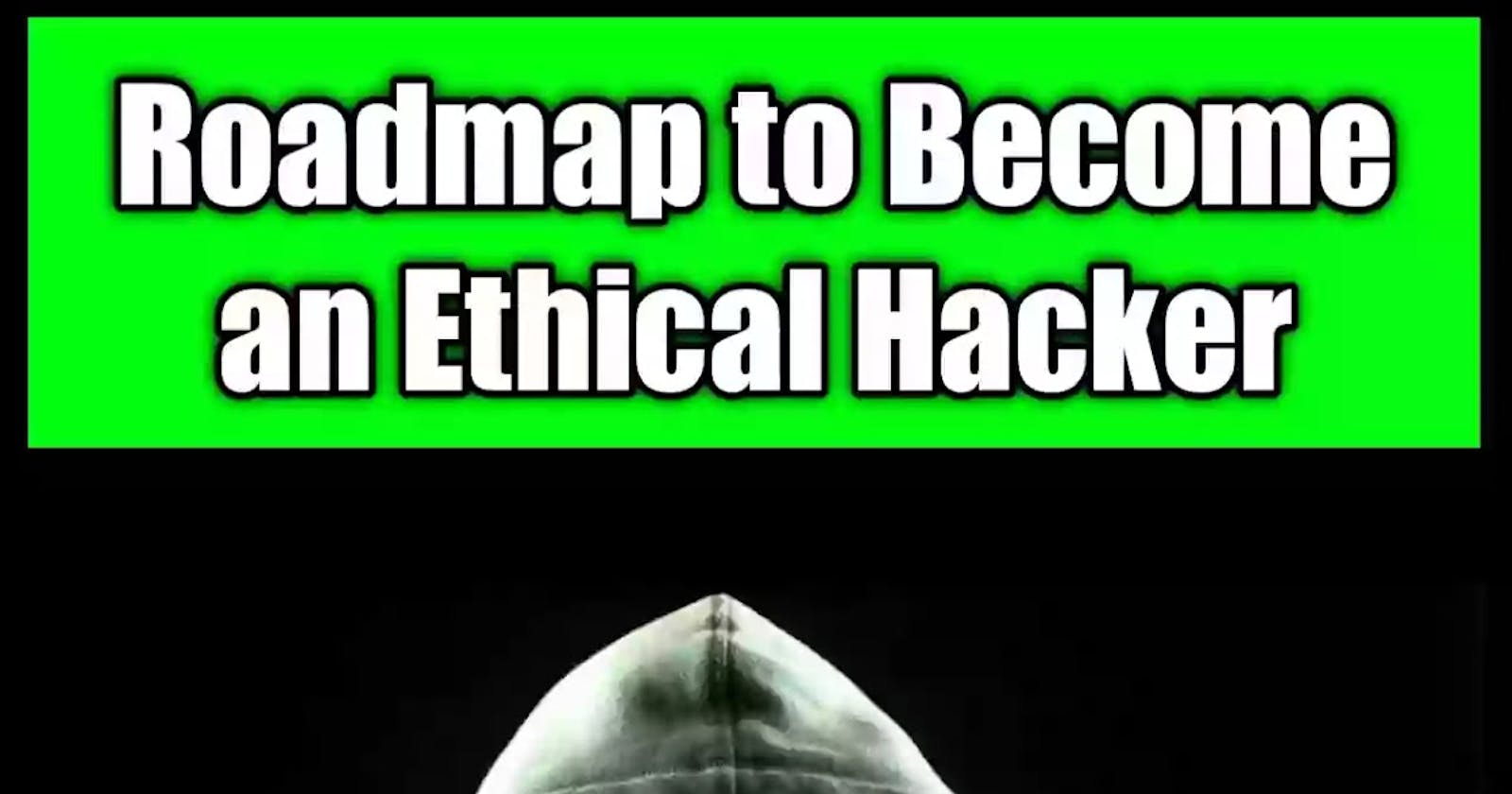Becoming an ethical hacker is a rewarding career choice for those interested in cybersecurity and protecting against malicious cyber attacks. Here is a roadmap to guide you in your journey to becoming an ethical hacker:
Gain a strong foundation in computer science: A strong foundation in computer science and programming is essential for understanding how systems and networks work and for developing the skills to find vulnerabilities in them. Consider taking courses in computer science, programming, and data structures and algorithms.
Study cybersecurity and ethical hacking: To become an ethical hacker, you need to have a solid understanding of cybersecurity and the techniques used by malicious hackers. Consider taking courses or earning certifications in ethical hacking, such as Certified Ethical Hacker (CEH), CompTIA Security+, and Offensive Security Certified Professional (OSCP).
Build your own lab environment: To practice your skills, you need a safe environment where you can experiment and test your hacking skills. Build your own virtual lab environment or use online resources like Virtual Hacking Labs to practice.
Get hands-on experience: Gain hands-on experience by participating in hacking challenges, such as Capture the Flag (CTF) events, or by conducting penetration testing on websites or networks with permission.
Network with other ethical hackers: Join online forums, attend conferences and events, and network with other ethical hackers to learn from their experiences and keep up with the latest trends and techniques in the field.
Stay current with the latest tools and techniques: The field of ethical hacking is constantly evolving, with new tools and techniques being developed all the time. Stay up-to-date by reading industry publications, attending conferences, and participating in online communities.
Earn certifications: Certifications can help demonstrate your expertise and provide credibility in the field. Consider earning certifications such as Certified Information Systems Security Professional (CISSP) or Global Information Assurance Certification (GIAC).
Continuously improve your skills: Keep honing your skills and expanding your knowledge through ongoing training and education. The field of ethical hacking is constantly evolving, so it's important to continuously improve your skills.
Becoming an ethical hacker requires hard work and dedication, but the reward of being able to protect against cyber threats and help organizations secure their systems and networks is well worth it. By following this roadmap and continuously improving your skills, you can achieve your goal of becoming a successful and respected ethical hacker.
